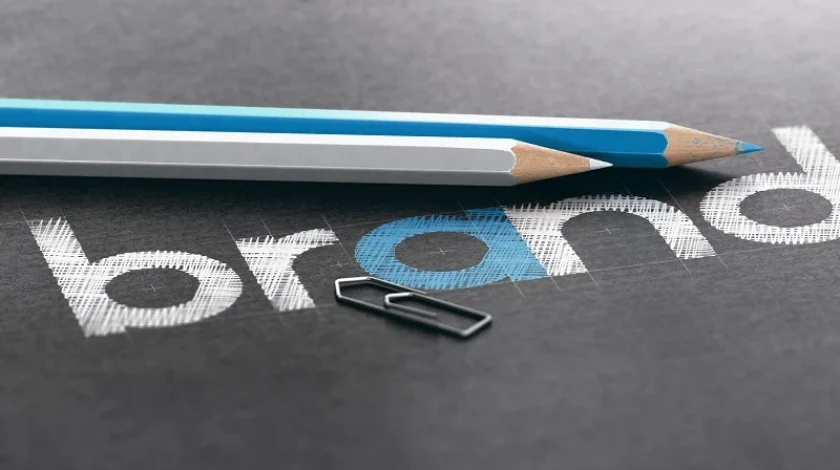Doing business in the 21st century means having some kind of online presence. Many businesses seek specialist help to create and design websites, mobile applications and increase their presence on various social media platforms. Many of the creative agencies and software companies available are excellent operators but (like any agreement) you must read the fine print when entering that relationship.
Increasingly, companies are looking to offer integrated assistance with specialties like brand strategy as part of their otherwise core business of, for example, web development. From a client perspective, that seems sensible and efficient in achieving an outcome that aligns to your brand and delivers the intended outcomes without engaging and juggling multiple suppliers.
However, in our experience, those kinds of ‘allied services’ may be delivered without consideration as to what is really required. Let’s take for example, a new build of a website with a web developer. The web developer offers to help you with brand strategy which is not their core business. If they start talking about mood boards and brands that you like in the market without any discussion of available domains and trade mark rights, alarm bells should ring for you to check the terms and conditions on which they offer the service.
What the developer should be doing is working from the perspective that what is to be created must be able to be owned by you and sold or licensed if your aim is to commercialise the site.
Anyone who has watched Shark Tank will know that ownership of the IP in a business is often critical to commercial success. Conversely, one of the easiest ways to be perceived to be ‘ripping off’ someone else’s branding is to create a paper trail demonstrating that you intended to leverage an identifiable, existing brand which would arise through say a mood board.
Often the supplier will have terms and conditions that you considered initially in light of web development service that nonetheless would see it avoid liability entirely for any risk on the brand strategy as well. So while they help you devise and settle on a brand, if no analysis of the IP arising in that brand is conducted, it may well infringe third party rights and you will have little recourse against the supplier contractually should you receive a claim for IP infringement after launching your new website.
The best thing to do to avoid this scenario is to have your legal team assist you with the agreement for supply at the outset and attempt to insert some responsibility by the supplier for the allied service i.e brand service it delivers. Ultimately, the best course is to have your own IP expert assist you while you are considering the branding so that you can make an informed choice at the time and avoid potential costs of development that reflects a brand strategy that may expose your business to risk/s.
We regularly assist businesses in this position to understand the existing IP landscape and avoid the potential for third party claims in new products and services. We also work with agencies / developers to help narrow the choices to be put forward to their client. If you would like further information from either side of the fence, please do not hesitate to contact a member of Coleman Greig’s Intellectual Property Team, who would be more than happy to assist you.














